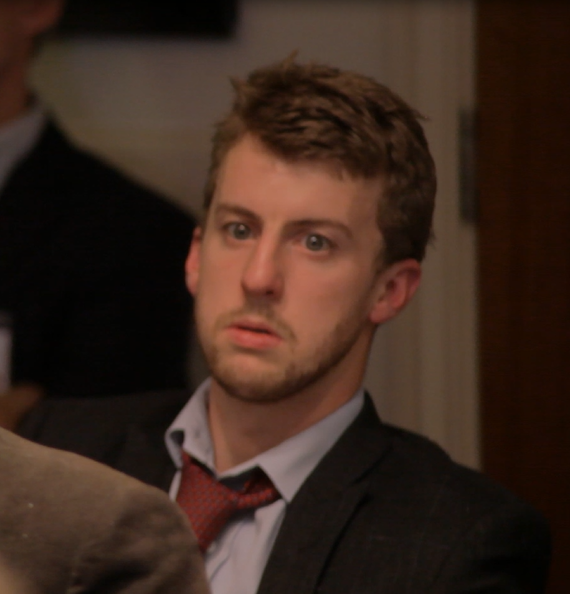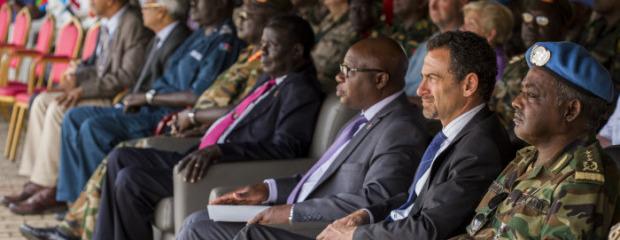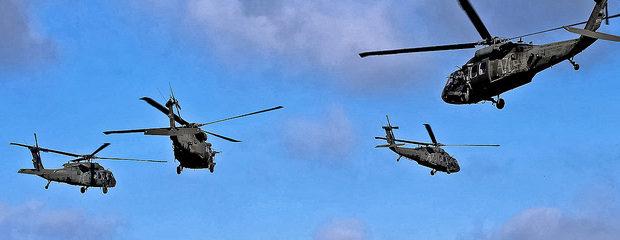What drives Khartoum?
What motivates the Sudan government? This conundrum faces activists and policymakers as they grapple with Darfur.
One view is that the government’s agenda is primarily ideological—to impose a monolithic Arab and Islamic identity on a diverse country—and that it pursues this agenda with ruthless consistency.
A second view is that it’s only interested in power. The Islamists who were purged from the government in 1999-2000 argue this. One of them said, if the Prophet Mohammed turned up on the streets of Khartoum today, the government would send him away saying he has no business being there.
And there’s a third view, which is that the government consists of multiple competing power centers, and that most of its policies are incoherent or dysfunctional.
The third view is my view. I explain this at greater length in a paper, "Sudan: What kind of state? What kind of crisis?". My main argument is the following:
- Since independence, no one faction has been able to dominate the Sudanese state. As a result, the state—including the army and the ministry of finance—are too weak to control the country. Yes: they are weak. The army isn’t capable of putting down a minor rebellion on its own. The treasury can’t control the regime’s economic policy.
- However, because all the competing factions are drawn from the same social stratum, which is located in Khartoum and its environs, they share a common agenda of keeping power within this oligarchy. On this, they cooperate. In fact, members of the Sudanese elite are incredibly civil and courteous to one another even when they have diametrically opposed political affiliations.
- In addition, because of the extreme inequity in power and wealth between center and periphery, this weak state is not seriously challenged by any provincial power base.
- Because of the endless internal power rivalries, Khartoum politics is characterized by indeterminacy. This means that those who rise to the top are masters of crisis management and intrigue. It also means that any agreement or commitment is only as good as the particular power configuration that exists on that particular day. The main reason the government is perfidious is not because of amazing Machiavellian skill—it’s because no-one is truly in charge.
- Factions within the elite have adopted Arabism and Islamism as ideologies mainly in order to steal a march on their internal rivals. They are cards played to gain legitimacy in internal power struggles—but they have far-reaching consequences for how the center rules the rest of the country.
One important result of these interminable power struggles is that making any bold move—such as peace—is incredibly complicated.
The ratchet of outside pressure and threats of further escalation could work in one of two ways. It could compel the leaders of the regime to calculate the costs of intransigence, and decide to cooperate. If President Bashir decides to cooperate, he needs to cover his back—he (and more particularly his closest allies of the moment) are more afraid of their internal rivals than they are of any U.S. action. Bashir might decide to blink—but he might actually delay blinking until it’s too late.
Alternatively, pressure could have the reverse effect: bellicose rhetoric from Washington DC could serve as oxygen to the militants within the regime, making President Bashir more hardline and obstructionist. At the moment, this is what’s happening. There’s no real channel of communication between Washington and Khartoum, and Bashir’s advisors are trying to calculate what is the U.S. government’s bottom line. At the moment, Bashir and his cabal are sure that if they give way on UN troops in Darfur, the U.S. will then ask for something else. The Sudanese generals know very well that having UN troops in Darfur isn’t a threat to them. But this is where Bashir has chosen to draw his red line.
Up to now, the confrontation between Khartoum and international community down on UN peacekeepers for Darfur has served Bashir well. It gives him a cheap win with his own militants and with other leaders in the Arab world, with no real penalty to pay. It ties up international diplomats on what for Bashir is a secondary issue while his government can get on with the real political business, both in Darfur and in the North-South peace process.
The good cop-bad cop routine only works if the suspect has some confidence in the good cop, and at the moment that isn’t the case.
June 5, 2007







Given that outside pressure could act as “oxygen to the militants” in the Sudanese regime, how should activists and advocates proceed? Should American citizens stop rallying/writing/meeting etc? Should we essentially just be quiet? Or are there things we should be asking for instead of a UN force? Finally, how are political candidates’ threats of no-fly-zones and military strikes (as in Sunday’s democratic debate) interpreted in Khartoum? Do they help or hurt international efforts on behalf of innocent people in Darfur?
Your questions are very important. Just as humanitarian agencies began to apply the "do no harm" principle to their activities ten years ago, activists for peace, justice and civilian protection need to ask themselves if their advocacy can sometimes do damage.
My firm belief is that threats of military action are obstructing progress and not helping. President Bashir fears that once the camel gets its nose inside the tent, the rest of the animal will follow. He sees that the nose is UN troops, the rest of the animal is military action and ultimately regime change.
The number one peril of advocating force is that it stiffens the resolve of the government hardliners. Another hazard is that it unrealistically inflates the hopes of the rebel leadership. Why sign a compromise deal with your enemies if you think the U.S. cavalry is coming over the hill? The longer term danger is the fallacy that outsiders can design or impose a solution. Answers must come from within. That’s a difficult tough love message to pass on to the Darfurian people who have suffered so grievously, but it’s a message that needs to be passed.
For activists closely linked into Sudanese politics and civil society, there is much to do, through supporting the efforts of Sudanese organizations. A high priority should be helping ensure that people are well organized to participate in the national elections scheduled for 2008/09. On the ground there are practical steps—see Julie Flint’s recent article in the Washington Post, "Darfur, Saving Itself"Â for an example of the kind of self-help efforts that could be supported.
Don’t stop rallying, meeting and writing! It’s these efforts that have put Darfur on the map and kept it there. But, I would strongly urge that the target should be peace with democracy: a fair deal for Darfur and free and fair elections for the whole country. Those goals are shared by the vast majority of Sudanese and a campaign on these issues would help transform Sudan.